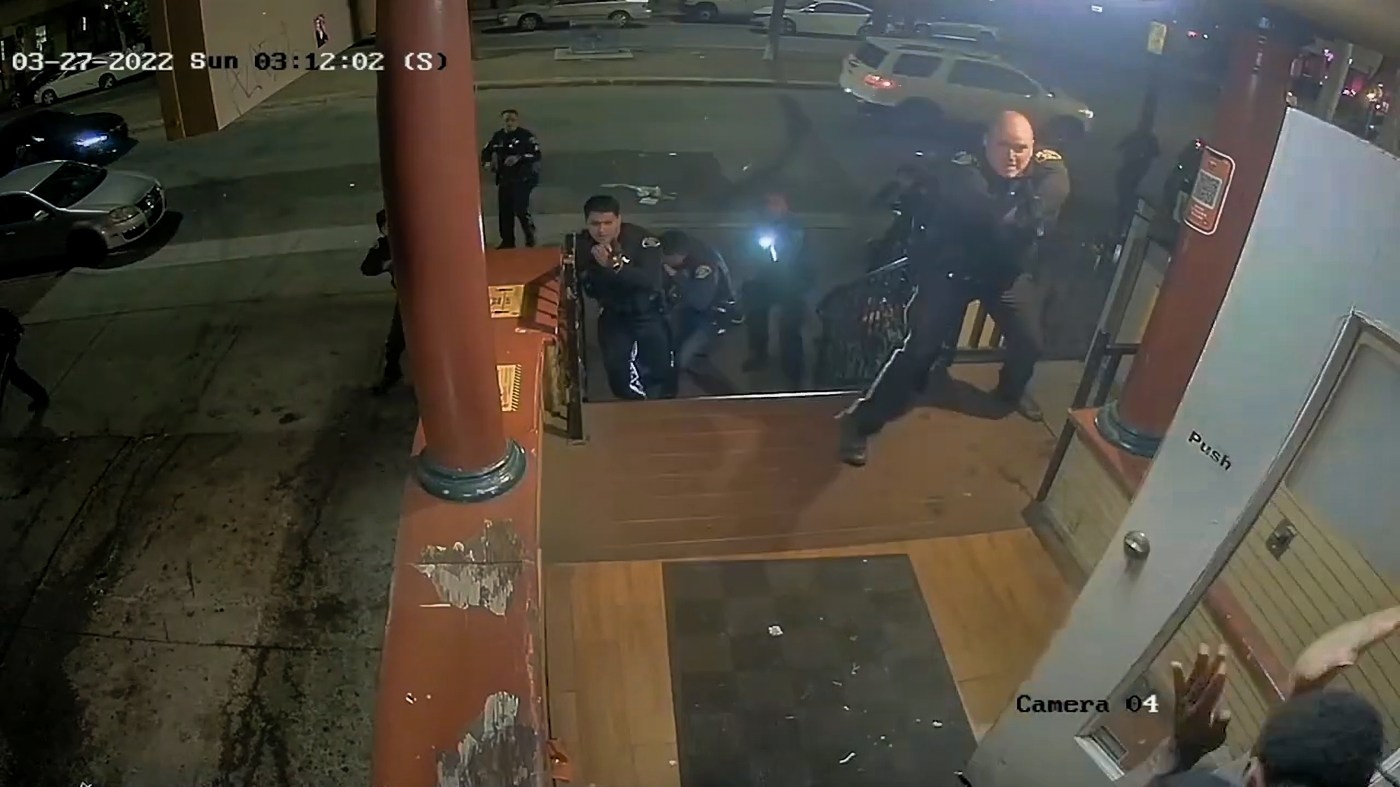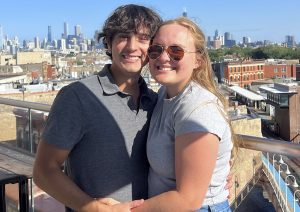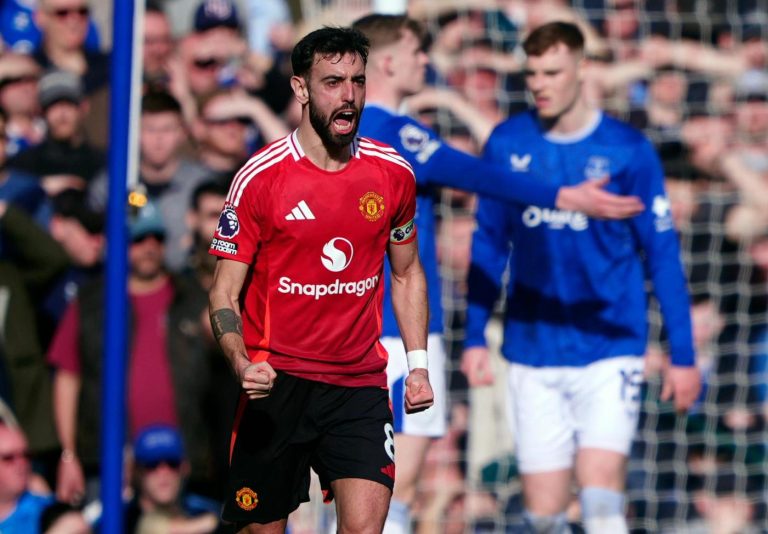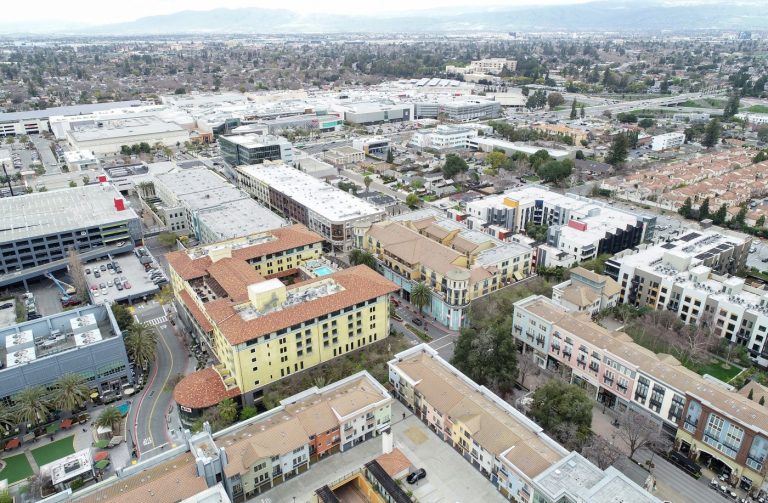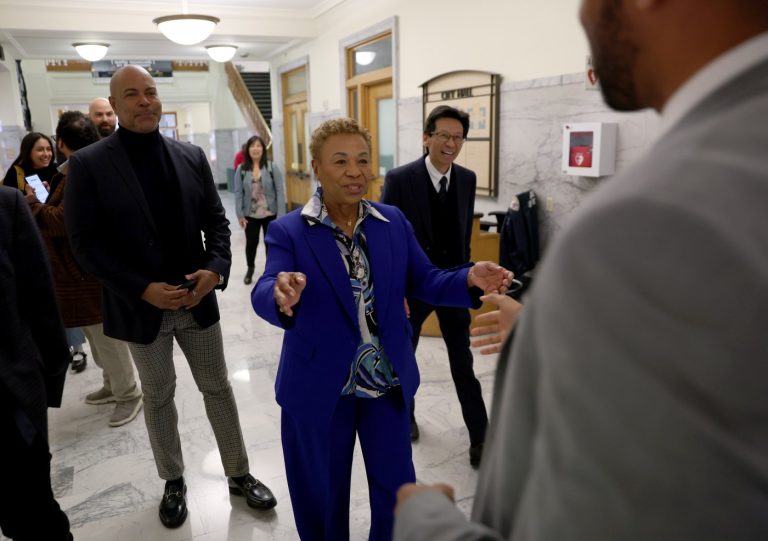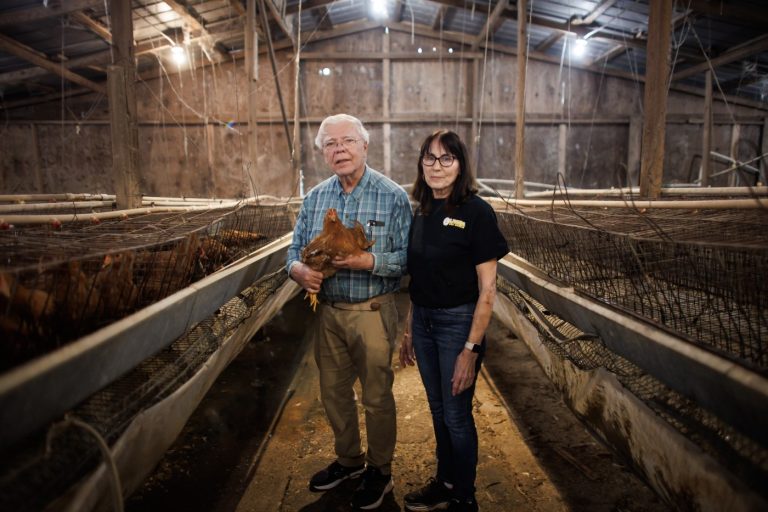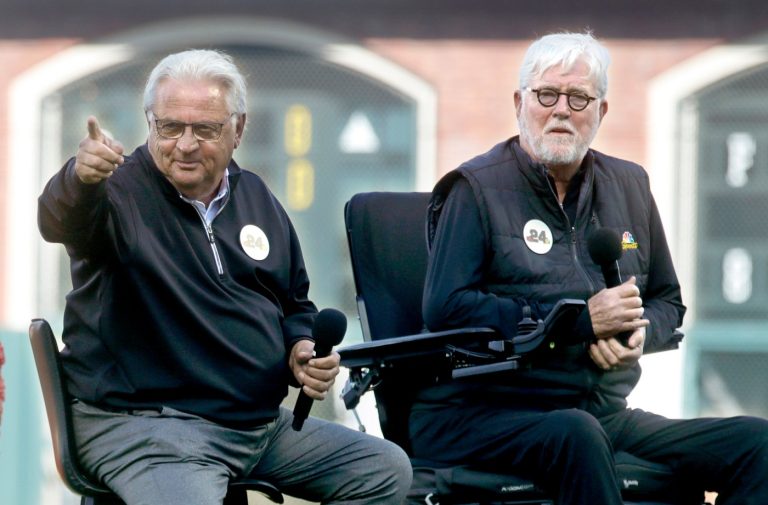SAN JOSE — An excessive force lawsuit for an ex-San Jose cop — who infamously resigned in the face of a racist texting scandal — is on hold after he appealed a federal judge’s decision to greenlight the case for a trial that was scheduled to begin next week.
Mark McNamara petitioned the 9th U.S. Circuit Court of Appeals to challenge Judge Nathanael Cousins’ refusal to grant qualified immunity to the former San Jose Police Department officer. That defense, if allowed, would have protected McNamara from civil litigation in his on-duty shooting of plaintiff K’aun Green in 2022.
After confirming McNamara’s right to appeal, Cousins ruled in a written order dated March 25 that Green’s lawsuit proceedings would be halted pending the completion of the appeal, which has briefing deadlines set for July.
But a prospective trial, which had been set to begin April 15, is not the only matter on ice until the appeal is done. Also delayed is McNamara’s request that Cousins move the trial venue to McKinleyville in Humboldt County, which houses the only courthouse for the federal Northern District of California outside the Bay Area.
The motion for a venue change — typically granted in exceptional situations — was filed a few days prior to Cousins’ ruling on March 15 that rejected summary judgment, or dismissal on its merits, of Green’s lawsuit. In the motion, McNamara attorney Susan Coleman argued that the “amount and intensity of local press coverage” has endangered her client’s right to a fair trial.
“The residents in the Bay Area have been exposed to media coverage surrounding this case, much of it fueling their perceptions that McNamara unlawfully shot Plaintiff because he is an alleged racist,” the motion reads.
McNamara shot and wounded Green on March 27, 2022, an encounter that was immediately controversial because Green had been a peacemaker in a brawl that erupted inside a taqueria near San Jose State University. Green had been holding a handgun — which he disarmed from someone else — up in the air and backing out of the restaurant when he was shot.
Last November, as Green’s shooting lawsuit was progressing, the San Jose Police Department announced that McNamara had resigned after an internal criminal investigation turned up dozens of text messages in which McNamara, who is white, prolifically used the N-word both to reference himself and insult Black people, including Green and later his attorneys in the lawsuit. No charges were filed against McNamara after the investigation.
The messages, sent to one active and one former SJPD officer between March 2022 and July 2023, included McNamara “N— wanted to carry a gun in the Wild West … Not on my watch” and “They should all be bowing to me and bringing me gifts since I saved a fellow n— by making him rich as f—. Otherwise, he woulda lived a life of poverty and crime.”
Sources have confirmed that the active officer who was part of the 300-plus messages revealed by police and the civil litigation is Brandon LeTemplier, who was put on administrative leave around the time the police department announced the offensive texts. The former officer was confirmed to be William Basil Haggerty, who last worked in the department in 2020.
Lawyers for the People, the firm representing Green, called the venue change motion “an effort to delay and complicate trial” and said the 12 news articles cited by Coleman, including several by the Bay Area News Group, do not constitute a “barrage of inflammatory publicity immediately prior to trial” required by legal precedent.
“Not only are these news articles factual in nature, but the Northern District pulls from a large urban area with many potential jurors, which greatly reduces any risk of bias,” wrote attorney Patrick Buelna.
The four Northern District counties that are outside the Bay Area and in the broad vicinity of McKinleyville list a total population of about 320,000, or about 1/25 of the 7.75 million people who call the Bay Area home.
Buelna further argued that moving the trial venue 300 miles away from where the shooting happened is unnecessary because the jury selection process is sufficient to root out any juror bias. He added that the accommodations in the proposed new venue — such as a lone hotel in McKinleyville — would unduly burden witnesses and attorneys and support staff, and could possibly dissuade witnesses from testifying.
The city of San Jose has taken a neutral stance on any trial venue change.
Related Articles
Morgan Hill: Youth arrested on suspicion of making threats against city facility
Suspect sought in East Palo Alto’s second homicide of 2024
Arrest made in stabbing last month at Campbell restaurant
‘Well RIP to your friend’: San Francisco man gets 5 years in prison for extorting teen girl for nude pictures
Aggravated mayhem charge filed after Oakland woman set on fire
As to the heart of Cousins’ denial of qualified immunity to McNamara — which forms the premise of the 9th Circuit appeal — the judge found that there were disputable facts that were appropriate for a jury to evaluate. Green claims that when he turned and saw police staged outside the restaurant, “he immediately lowered and dropped the gun, then raised his hands in surrender,” while McNamara contends that the “gun was moving around” as Green exited, and that “he saw Green’s finger on the trigger.”
Cousins ultimately ruled that Green’s federal claims of excessive force, battery and negligence, as well as claims of state civil rights violations, held up to the scrutiny of the summary judgment evaluation.
“Even when viewing the totality of the circumstances — McNamara’s arrival from a nearby shooting, his understanding there was a fight at the restaurant, other people visible beyond Green, Green not instantaneously dropping the gun, the speed of the interaction — under the summary judgment standard, Green wins out,” Cousins wrote.
He recited that legal standard in concluding that “a jury may find just as McNamara suggests: In the chaotic moments before he fired, McNamara acted reasonably in response to an immediate threat. But the record, viewed in the light most favorable to Green, does not compel that conclusion.”
